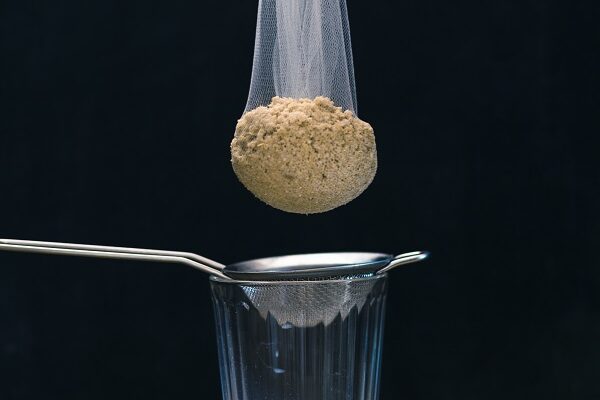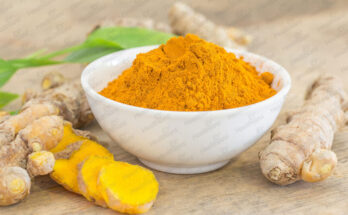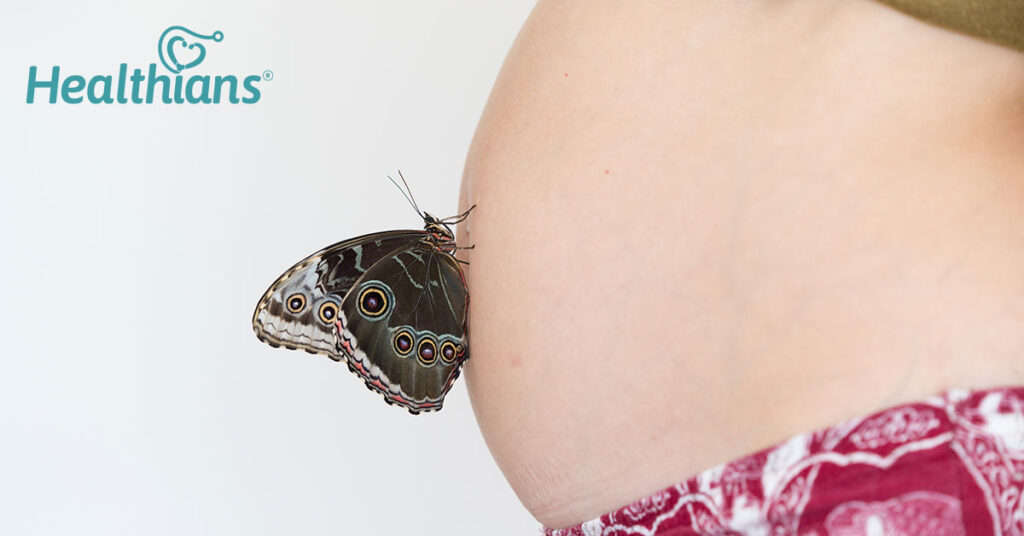Started a new fitness regimen? If that’s a yes, then we’re certain you’re also searching for a weight-loss or fat-loss-effective diet. The most common tip you’d find on these channels would be prioritising protein. While your nutrition should be the top choice to fuel your protein needsmost people resort to protein supplements. We get it, it is difficult to fulfil protein requirements on a pure-vegetarian diet. Sometimes, you need supplements. But how would you choose high-quality authentic protein? This growing demand has also led to an alarming rise in counterfeit protein powders flooding the market. Imagine dedicating hours to your fitness routine only to find that the supplement you’ve trusted is fake, potentially harmful, and derailing your progress.
Don’t worry because, in this blog, we’ll explore how to spot counterfeit protein powders and ensure you’re consuming only genuine, high-quality products.
Check the Packaging
One of the first indicators of a fake protein powder is its packaging. Counterfeiters often cut corners when replicating branded products, resulting in substandard packaging. Here’s what to look for:
Inconsistent Branding:
Check the brand logo, spelling, and colour scheme. Genuine brands maintain consistent branding across their products.
Seal Quality:
Original protein powders have airtight seals and tamper-proof lids. If the seal looks loose, broken, or poorly glued, it’s a red flag.
Label Details:
Scrutinise the label for missing or incorrect information. Fake products may lack batch numbers, manufacturing dates, or expiry dates.
Verify the Source
Where you purchase your protein powder can significantly influence its authenticity. Always opt for trusted retailers, either in-store or online.
Avoid Unknown Sellers:
Steer clear of unknown vendors or street-side stalls offering significant discounts.
Check for Authorised Dealers:
Many brands have a list of authorised dealers on their websites. Verify the seller’s credentials before purchasing.
Online Purchases:
If buying online, stick to reputable platforms with customer reviews and verified seller badges.
Conduct a Solubility Test
Genuine protein powder should dissolve easily in water or milk without leaving lumps. A simple solubility test can help determine its quality:
- Take a glass of water and add a spoonful of protein powder.
- Stir the mixture thoroughly.
- Observe the results: fake powders often form clumps or leave residues at the bottom.
Examine the Taste and Smell
Fake protein powders may have an odd taste or smell due to the use of cheap or harmful additives.
- If the protein tastes overly sweet, bitter, or chemical-like, it’s likely fake.
- Genuine protein powders have a mild, pleasant aroma. A pungent or strange smell could indicate adulteration.
Check the Texture
Authentic protein powder has a consistent, smooth texture. Counterfeit powders might feel gritty, chalky, or uneven.
- Rub a small amount of powder between your fingers. Genuine products feel fine and uniform, while fake ones may have coarse particles.
Analyse the Price
If a deal seems too good to be true, it probably is. Genuine protein powders come at a standard market price due to quality control and manufacturing costs.
- Avoid products sold at unusually low prices.
- Be cautious of deals offering bulk quantities at steep discounts.
Look for Side Effects
Consuming fake protein powder can lead to adverse health effects. Be vigilant about the following signs:
- Bloating, gas, or stomach cramps could indicate low-quality ingredients.
- Breakouts or rashes might be caused by harmful additives.
- If the powder fails to boost your energy levels, it’s likely substandard.
Check Labelling for Certifications
Reputed protein powders undergo rigorous testing and certification processes. Look for the following on the label:
- ISO Certification
- FSSAI Approval
- Certificates from independent labs add another layer of authenticity.
Closing thoughts
Fake protein powders are a serious threat to both your health and fitness goals. From verifying the packaging and source to conducting simple tests and checking certifications, a little extra effort can go a long way in ensuring you’re investing in a genuine product. Always buy from trusted sellers and stay informed about the latest counterfeit detection methods. Your health is priceless—don’t compromise it for the sake of convenience or discounts.
Source link



